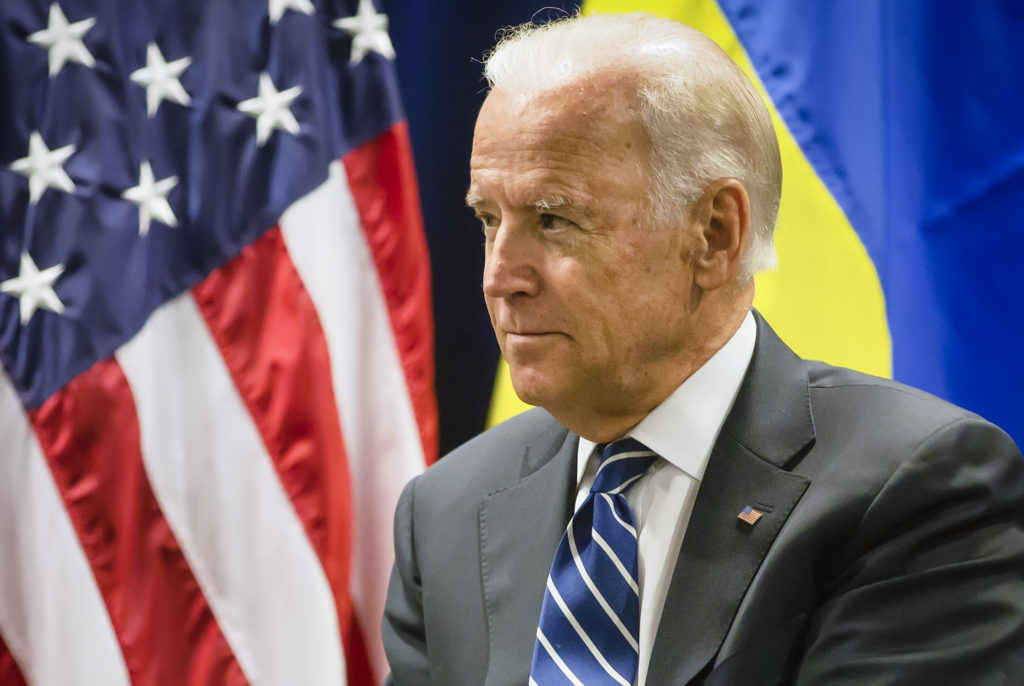President Biden’s Supreme Court expansion gambit

Eluding much of the media late last month, the Biden Administration announced it is creating a bipartisan commission to study reforms for the judiciary, including Supreme Court reforms. The commission plans to release a report within 180 days. What exactly it will consist of is unclear, but there’s one thing many of us will be looking for: expanding the court.
The idea of expanding the court, typically thought of as adding politically favorable members to the Supreme Court, is not new. The Constitution is silent on how many members should be on the Supreme Court, but the number has changed six times in the history of the United States. At its peak, the Supreme Court had 10 sitting justices in 1863. The combination of former President Obama’s last nomination, Attorney General designate Merrick Garland, being denied a Senate hearing entirely by Mitch McConnell and Trump’s whopping three nominations to the Court (an aside: you could make colorable arguments that two of them are unfit to serve) have rightly angered the Democrats. The way I see it: we have many new justices but very little justice.
Expanding the court is controversial, even among people with otherwise broadly similar political ideologies. What seems to be the main point of controversy is the idea that presidents will add justices to the Court as needed to tilt the Court in the direction he or she most favors until we have a Supreme Court with more members than Amazon Prime.
But apprehension based on this notion is unfounded. The Supreme Court in its current form does not operate in the best interests of the people or the nation—the majority, appointed by conservative presidents, operates in its own narrow “best” interests. We know how radical Amy Coney Barret is and we know how infantile and sexist Brett Kavanaugh is (I can’t even bring myself to call either “Justice”). Justice Thomas issues opinions that make you question whether he’s even heard of the Enlightenment. We know their ideologies intimately inform their opinions, so how can a Court with any of them really be serving the best interests of the nation?
It doesn’t. President Biden adding two justices to the Supreme Court would do well for the nation. To be safe, Congress could pass legislation limiting the number of justices to 11 (this sort of thing has been done in the past). This wouldn’t be a perfect safeguard, especially if the Legislative and Executive branches were to each go red again like in 2016, but it would make it harder for a Republican government to court pack.
I would try to establish a system by which we get two more justices from Biden now and then as justices leave the Court, not nominate any more to exceed 9. In other words, when a justice leaves the 11-justice Court creating a 10-justice Court, the president would be barred from nominating an eleventh justice. It wouldn’t be until 8 or fewer justices were on the Court that he or she could nominate again. There’s too much at stake to leave this off the table.

Democracy thrives in snarkiness
